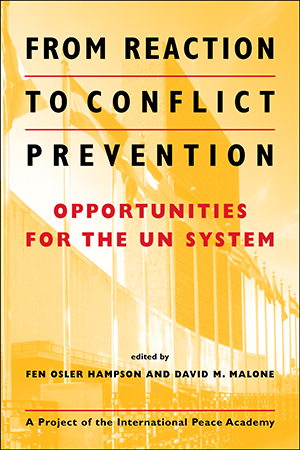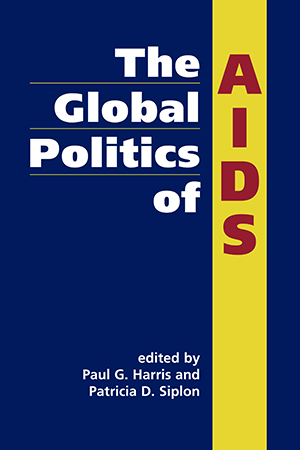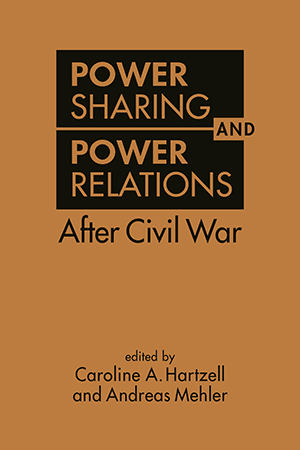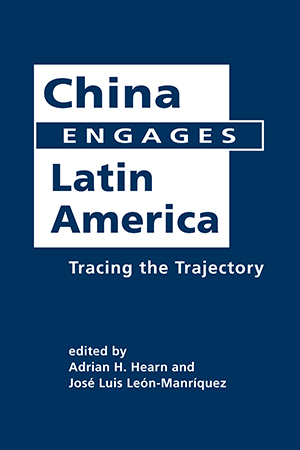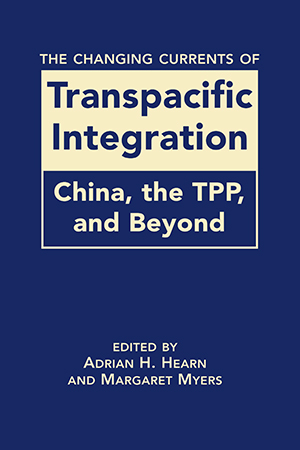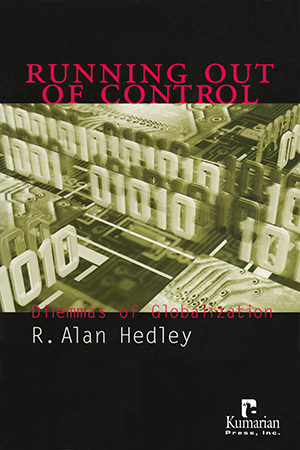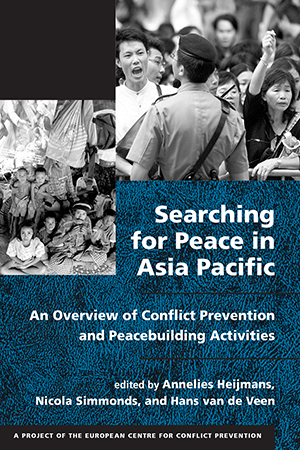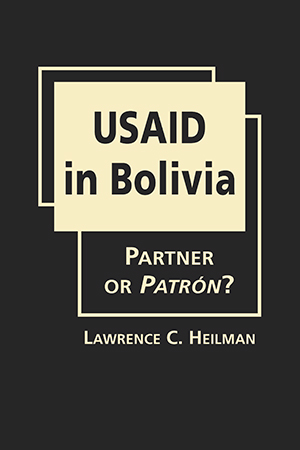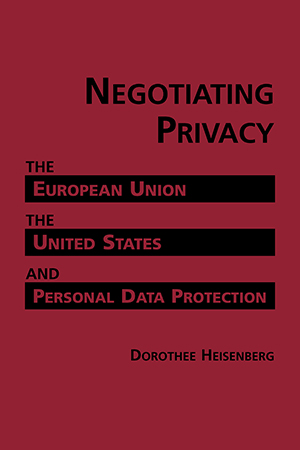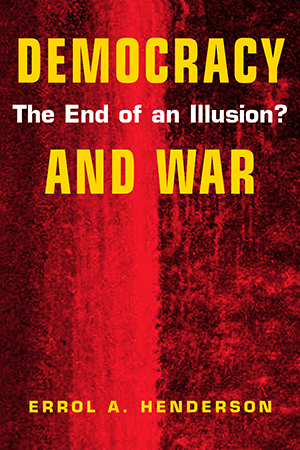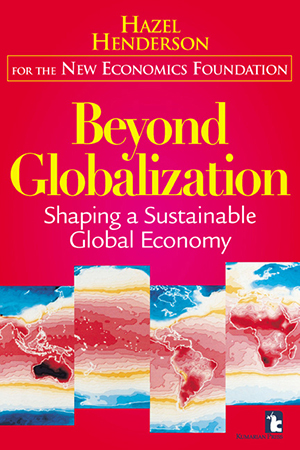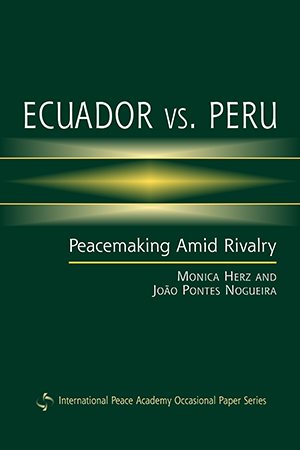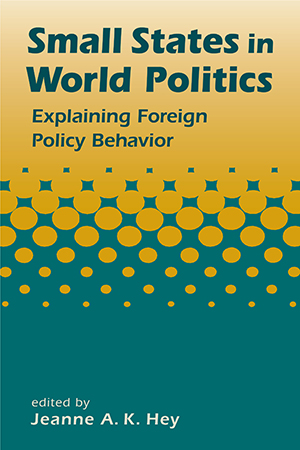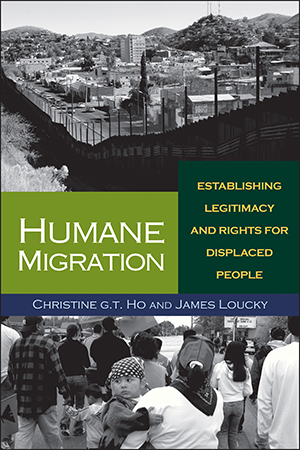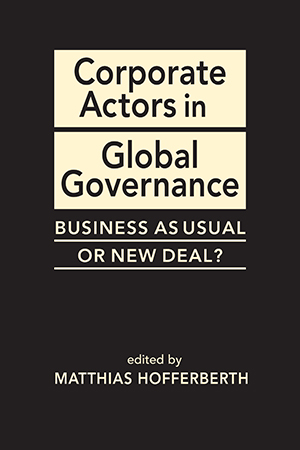International Relations (all books)
Though the prevention of conflict is the first promise in the Charter of the United Nations, it is a promise constantly betrayed by international organizations, governments, and local actors More >
With more than 40 million people living with HIV/AIDS—and more than 25 million dead from related diseases since the early 1980s—the need to understand the causes and impact of More >
There are numerous studies on the role of power-sharing agreements in the maintenance of peace in postconflict states. Less explored, however, is the impact of power sharing on the quality More >
What inroads is China making in Latin America? In China Engages Latin America, experts from three continents provide local answers to this global question. The authors explore the More >
This comprehensive assessment of transpacific economic integration explores the many ways that new approaches to multilateral cooperation, and notably the Trans-Pacific Partnership (TPP), More >
Alan Hedley argues that, although for centuries technological innovation allowed humanity to gain increasing control over its fate, the trajectory of that control is now—due to More >
Third in an acclaimed series, Searching for Peace in Asia Pacific offers critical background information, up-to-date surveys of the conflicts in the region and a directory of some 400 More >
After Bolivia had received more than $4.7 billion from the US government to support 70 years of development efforts, why would Evo Morales abruptly expel USAID from the country in May 2013? More >
How did the European Union come to be the global leader in setting data privacy standards? And what is the significance of this development? Dorothee Heisenberg traces the origins of the More >
Errol Henderson critically examines what has been called the closest thing to an empirical law in world politics, the concept of the democratic peace. Henderson tests two versions More >
Renowned economist and commentator Hazel Henderson’s critique of globalization sets out a panoramic vision of the changes required to reshape the global economy in the interests of More >
Although the 1995 Cenepa war between Ecuador and Peru was the first military conflict in South America in more than five decades, the Ecuador-Peru relationship might be characterized as one More >
Have the changes of the past decade made this an easier or a more difficult world for small states as they pursue their foreign policy goals? To understand the foreign policies of small More >
Humane Migration offers a fresh look at the debate on international migration, particularly in the United States, Canada, and Europe. Arguing that migration should be considered a More >
What part do/should corporate actors play in global governance? With regard to concerns over such issues as public health, education, human rights, and the environment, they arguably are More >


